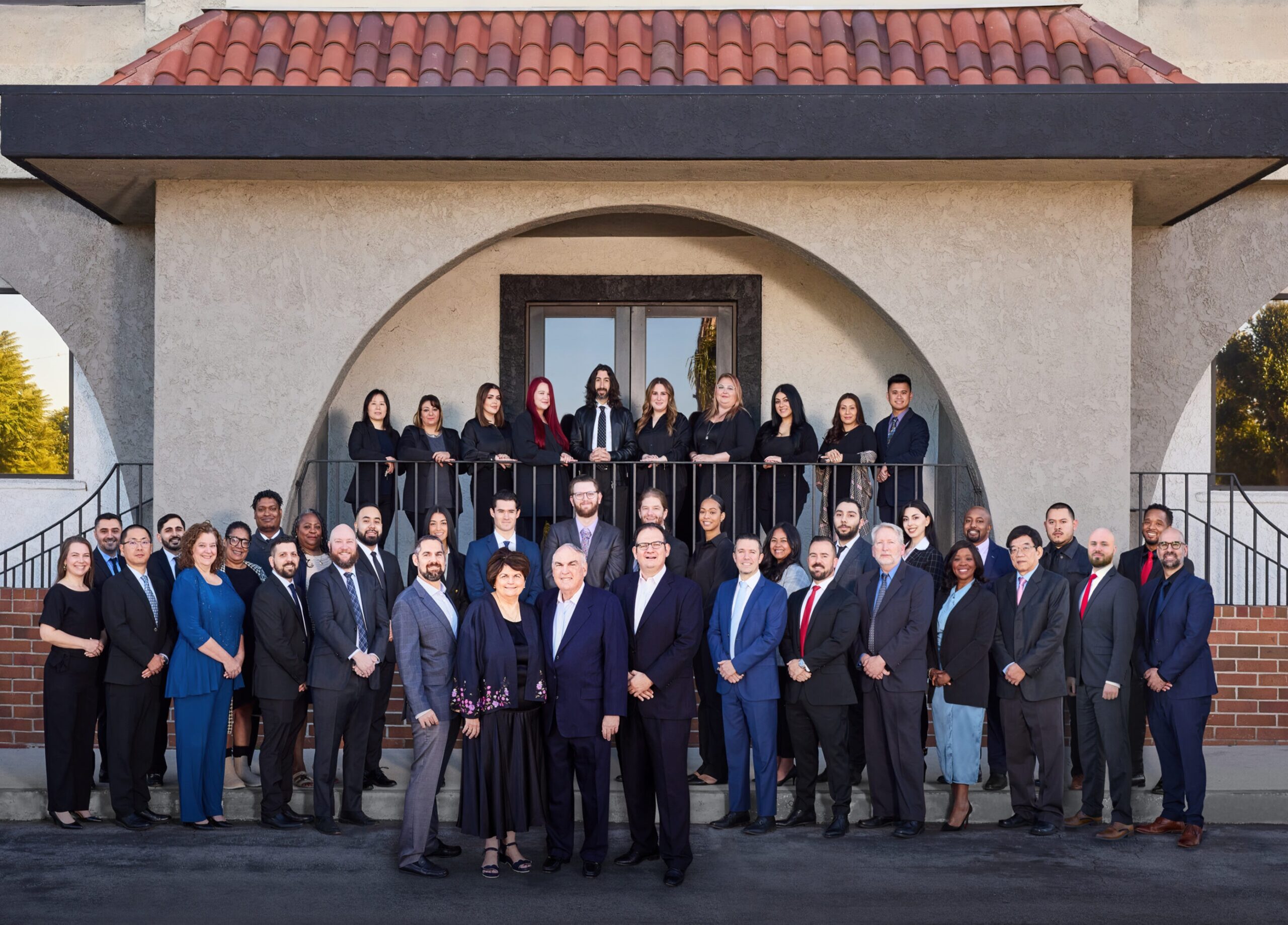Filing taxes can be a daunting task, and for many taxpayers, it’s a process that raises questions, concerns, and sometimes, the need for professional assistance. Tax professionals, such as certified public accountants (CPAs) and tax attorneys, play a crucial role in helping individuals and businesses navigate the complex world of tax compliance. One valuable resource that tax professionals have at their disposal is the IRS Practitioner Priority Service (PPS) line. In this article, we will explore what the IRS PPS line is, how it benefits tax professionals, and how it can streamline the post-filing process for both taxpayers and practitioners.
What Is the IRS Practitioner Priority Service (PPS) Line?
The IRS Practitioner Priority Service (PPS) line is a specialized customer service line provided by the Internal Revenue Service (IRS) exclusively for tax professionals who represent clients before the IRS. This service is designed to assist tax practitioners with inquiries, issues, and follow-ups related to their clients’ tax matters. It offers a direct and expedited channel of communication between tax professionals and the IRS, facilitating the resolution of complex tax issues.
Key Benefits of the IRS PPS Line for Tax Professionals
Tax professionals who use the IRS PPS line can access a range of benefits that enhance their ability to serve their clients effectively:
- Priority Access: As the name suggests, the PPS line gives tax professionals priority access to the IRS. This means shorter wait times and quicker responses to inquiries, compared to the general IRS toll-free helpline.
- Dedicated Assistance: The PPS line is staffed by IRS customer service representatives who are specifically trained to assist tax professionals. These representatives have a deeper understanding of tax laws, regulations, and procedures, making them well-equipped to address complex tax issues.
- Expedited Issue Resolution: Tax professionals can use the PPS line to resolve client-specific tax issues more efficiently. Whether it’s clarifying an audit notice, seeking status updates on tax refunds, or discussing complex tax matters, the PPS line expedites the resolution process.
- Access to Client Information: Tax practitioners who have the appropriate authorization from their clients can access certain confidential tax information through the PPS line. This access allows tax professionals to better advocate for their clients and provide accurate guidance.
- Clarification of IRS Notices: Tax professionals often receive IRS notices on behalf of their clients. The PPS line offers a quick and reliable way to clarify the purpose of these notices, understand the required actions, and address any discrepancies.
- Assistance with Tax Compliance: Tax professionals can use the PPS line to seek guidance on tax compliance issues, such as navigating tax law changes, understanding reporting requirements, or addressing payment options for outstanding tax liabilities.
- Support During Audits: For clients undergoing IRS audits, tax professionals can seek assistance through the PPS line. This includes requesting audit reconsideration, providing additional documentation, and discussing audit findings.
- Resolution of Collection Issues: Tax professionals can use the PPS line to address collection-related matters, such as setting up installment agreements, exploring offers in compromise, or resolving issues related to wage garnishments and bank levies.
How to Access the IRS Practitioner Priority Service (PPS) Line
To access the IRS PPS line, tax professionals must adhere to specific protocols and provide appropriate credentials. Here’s how tax professionals can utilize this valuable resource:
- Obtain a Centralized Authorization File (CAF) Number: Tax professionals must obtain a CAF number by filing Form 2848, Power of Attorney and Declaration of Representative, or Form 8821, Tax Information Authorization, for each client they represent before the IRS. The CAF number serves as authorization to access client-specific information.
- Call the Dedicated PPS Line: Once tax professionals have a CAF number, they can call the dedicated PPS line at 1-866-860-4259. When contacting the PPS line, they should have the following information ready:
- Their CAF number.
- The client’s social security number or employer identification number (EIN).
- The client’s tax year and tax form in question (if applicable).
- Navigate Through the Options: The PPS line typically presents a menu of options to direct callers to the appropriate service. Tax professionals can select the option that best matches the reason for their call.
- Follow Security Verification Procedures: IRS customer service representatives will follow security verification procedures to ensure that the tax professional is authorized to access the requested information. This may include verifying the CAF number and asking security questions.
- Address the Inquiry or Issue: Once the tax professional’s identity is confirmed, they can proceed to discuss the specific inquiry or issue with the IRS representative. The representative will provide guidance, information, and assistance based on the nature of the call.
- Maintain Proper Documentation: It’s essential for tax professionals to maintain thorough documentation of all interactions with the IRS through the PPS line. This documentation includes notes on discussions, resolutions, and any actions taken.
Conclusion
The IRS Practitioner Priority Service (PPS) line is a valuable resource that empowers tax professionals to serve their clients more effectively and efficiently. By offering priority access, dedicated assistance, and expedited issue resolution, the PPS line streamlines the communication between tax professionals and the IRS. This not only benefits tax practitioners but also contributes to the overall tax compliance process. For tax professionals, utilizing the PPS line can enhance their ability to navigate complex tax matters, resolve issues promptly, and provide clients with expert guidance in their interactions with the IRS.

